On the evening of October 15, 1987, revolutionary leader and President of Burkina Faso, Thomas Sankara, who was referred to as “Africa’s Che Guevara,” was assassinated.
At the time of his killing, he was attending a meeting with the National Council of the Revolution at the Conseil de l’Entente headquarters.
Around 4:30 p.m., gunfire erupted outside the meeting room from a group of armed soldiers. Realising the danger, Sankara left the room with his hands raised and reportedly told those who were with him, “It’s me they want.” He was shot multiple times and died instantly.
The assailants then entered the room and killed everyone inside except for one survivor.
Thomas Sankara Assassinated
Alouna Traoré, a member of the National Council of the Revolution and one of Sankara’s aides, survived the attack. During a trial many years later regarding the assassination, Traoré testified that he was mistaken for a dead body after being beaten and collapsing to the ground by the coup plotters.
Sankara had served as president for four years, having assumed office on August 4, 1983, after a military coup. Throughout his short tenure, he implemented radical reforms.
Also Read: Today in History: When Raila Odinga Asked Supporters to March to State House
He renamed the country from Upper Volta to Burkina Faso, symbolizing a stance against colonialism. His policies stressed self-sufficiency, rejected aid from the IMF and World Bank, promoted local goods, and advocated for debt cancellation.
Sankara argued that debt was a tool used by the West to control African economies, arguing that the poor and exploited should not be obligated to repay money to the wealthy and exploitative. He also championed land reforms and agricultural investments, which boosted cereal production in Burkina Faso and enhanced food security.
Blaise Compaoré Charged with Murder of Sankara
After Sankara’s assassination, Blaise Compaoré, who was Sankara’s close friend and second-in-command, assumed the presidency of Burkina Faso. Compaoré ruled for 27 years, from 1987 until his ousting in October 2014 following a popular uprising.
After Compaoré was ousted, the transitional government of Burkina Faso, led by President Michel Kafando, initiated official investigations into Sankara’s assassination, which had been suppressed for 27 years under Compaoré’s rule.
Also Read: Today in History: Tunisian Vendor Sets Himself on Fire, Sparking the Arab Spring
Following the investigations and testimonies from witnesses, including survivor Alouna Traoré, Blaise Compaoré was formally charged in 2021.
He faced charges of complicity in murder, concealment of corpses, and undermining state security. The trial began in October 2021 at a military court in Ouagadougou. Compaoré was tried in absentia, as he had fled to Ivory Coast, which refused to extradite him.
In April 2022, the court found him guilty and sentenced him to life imprisonment.
Follow our WhatsApp Channel and X Account for real-time news updates.
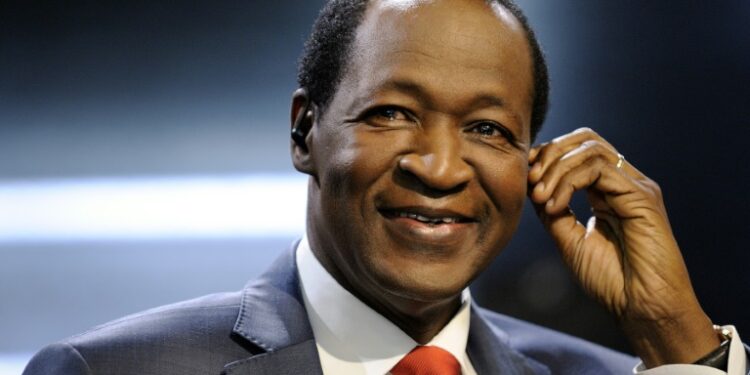


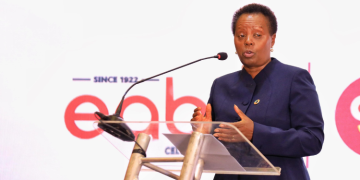
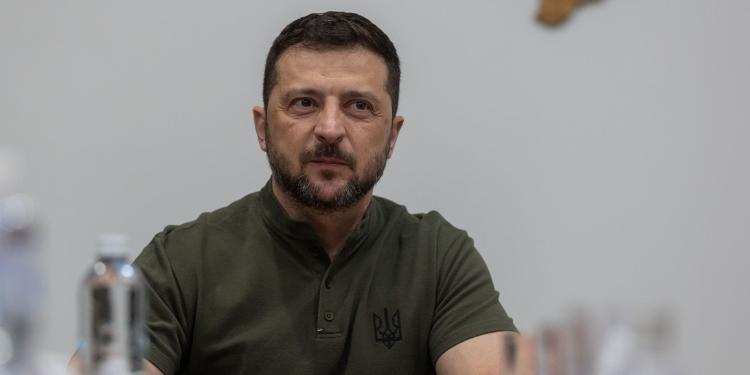
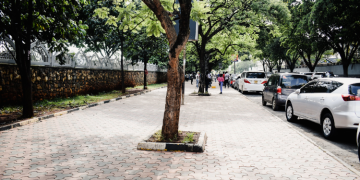
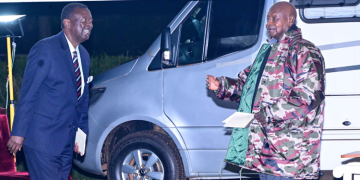
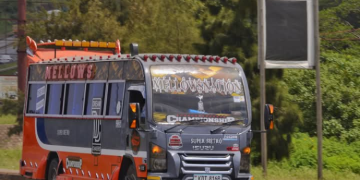
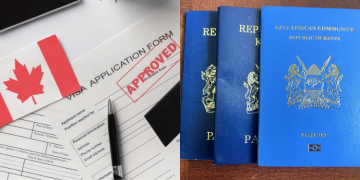
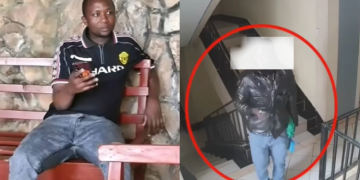






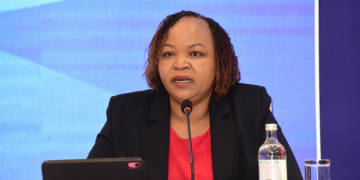
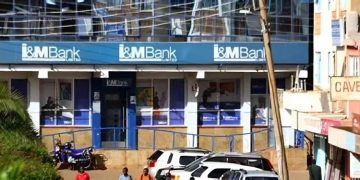





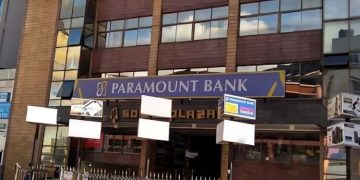
















































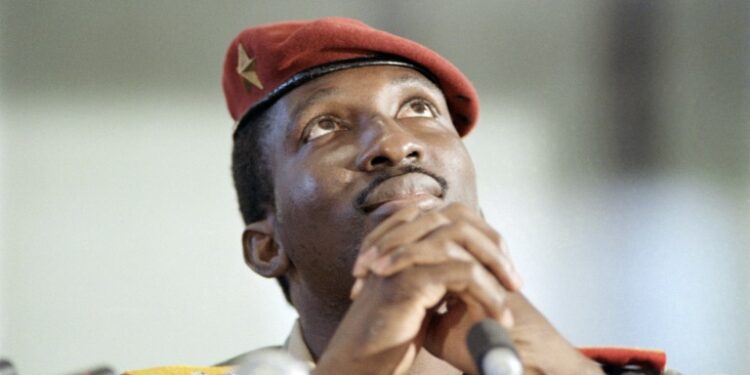
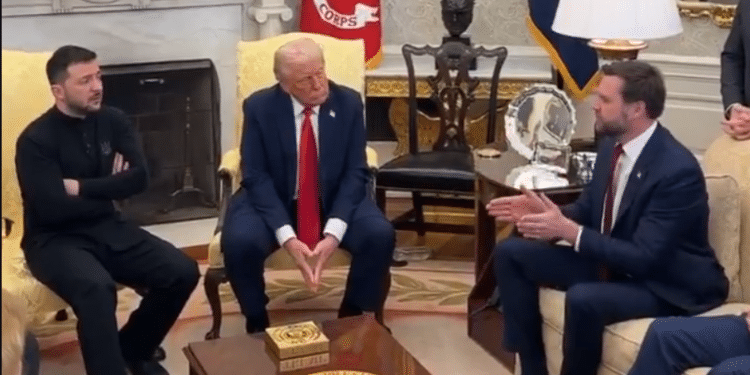
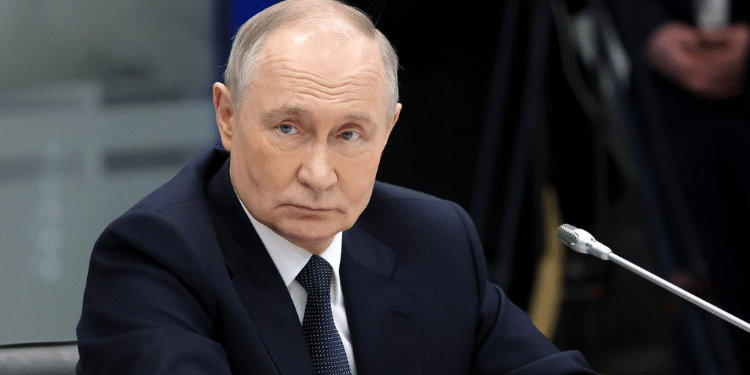
I just like the helpful information you provide in your articles